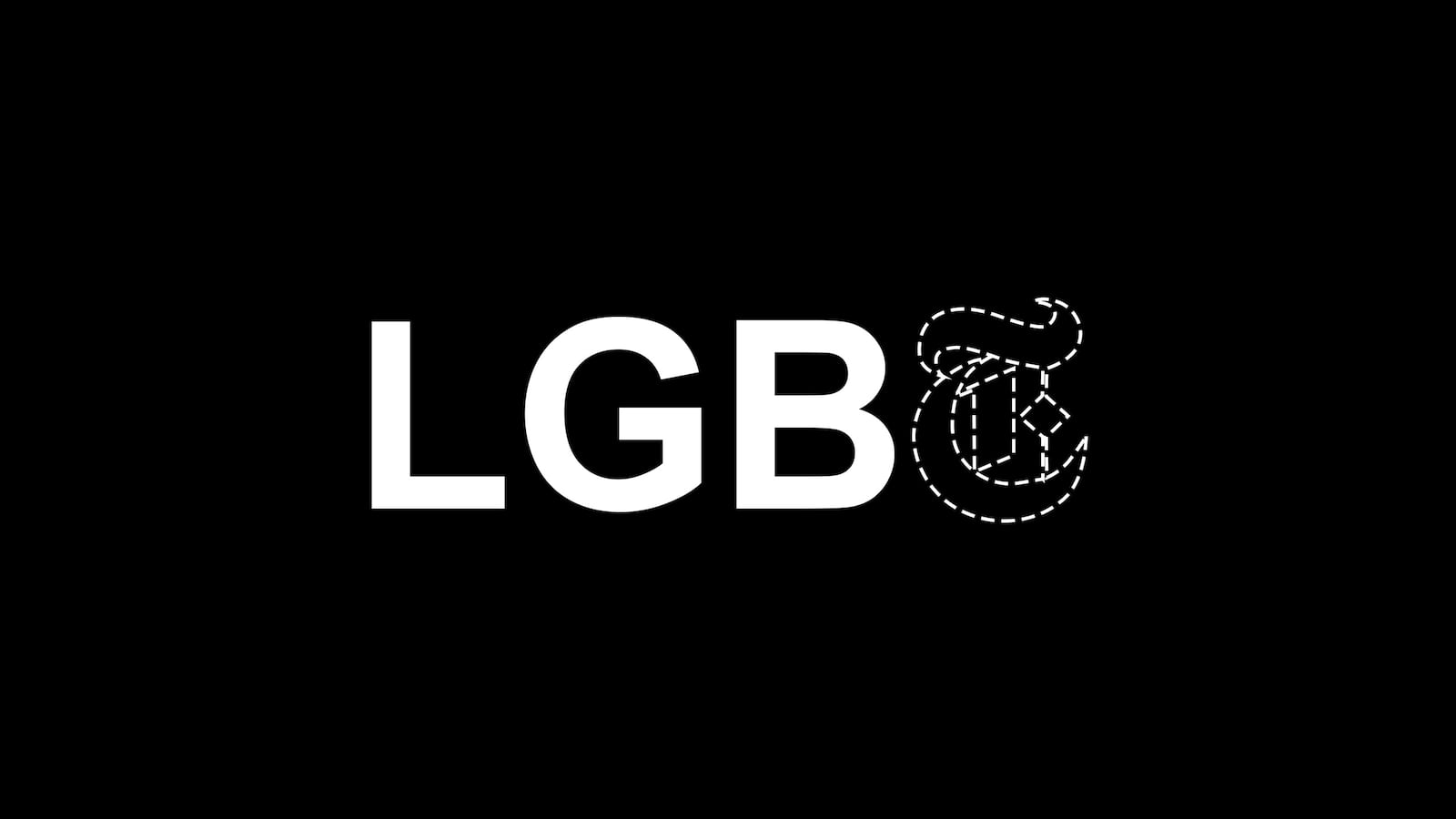This reporting is one of several scoops featured in this week’s edition of Confider, the newsletter pulling back the curtain on the media. Subscribe here and send your questions, tips, and complaints here.
The New York Times saw arguably its largest public revolt in years last month over its coverage of trans people, which led to internal infighting and management crackdowns. But the genesis of the critiques can be traced back to 2021 when LGBTQ staffers pleaded with management to reform the paper’s trans coverage—pleas that largely fell on deaf ears.
Confider has learned of a series of prior incidents in which Times staffers within the paper’s LGBTQ-focused employee resource group, TimesOut, repeatedly tried to highlight to management the implications of its coverage of trans people. However, the group often ran into issues with its sponsor Carolyn Ryan, a managing editor at the Times and its highest-ranking LGBTQ employee in the newsroom. The exchanges served as a prelude to last month’s blow-up, which saw open letters by Times contributors, celebrities, and the NewsGuild of New York met with a rebuke from management.
Christopher Reynolds, who worked as an administrative coordinator on the Times’ business side until 2022 and served as the group’s policy and advocacy specialist, said Ryan would frequently try to deter the group from speaking up on the issue, often fearful of how it would make the paper look. “She declined to post anything in writing [to the internal TimesOut Slack channel] because she was so afraid of it becoming public and ‘being used against her,’” they said, which was confirmed by multiple people involved in TimesOut’s efforts.
A Times spokesperson wrote in a statement to Confider on Monday: “During Carolyn’s time as the executive sponsor for our TimesOut employee group for LGBTQ+ members and allies, she regularly and collegially met with its members, heard feedback and facilitated constructive listening sessions. She trusted – and earned trust from – members of TimesOut and worked hard as both a newsroom leader and executive sponsor to foster an open dialogue with group members. Any claim to the contrary is not true.” The spokesperson cited specific accomplishments during Ryan’s tenure, including updating the Times’ stylebook with entries on LGBTQ and gender topics.
Those past efforts came to a head in September 2021 after the Times published a review of Helen Joyce’s book Trans: When Ideology Meets Reality written by Jesse Singal, a journalist whose has been accused by critics of implying that children who seek gender-affirming care are harming themselves. (Singal says that is inaccurate and that he believes minors should be properly assessed before interventions such as blockers or hormones are used).
The review elevated the argument in the book that when trans people have access to locker rooms, sports teams and prisons “other vulnerable groups potentially suffer” and cisgender women “lose full access to truly sex-segregated realms that offer protection and other benefits”—a view Singal said he found “convincing.” In a critique of Joyce’s position that childhood gender dysphoria would subside, Singal noted that challenges to that idea “happen to be overblown—my position is much closer to Joyce’s.” The review’s publication enraged TimesOut, prompting its leadership to try to schedule a meeting with Ryan, Reynolds said.
Like what you’re reading? Subscribe to the Confider newsletter here and have The Daily Beast media team’s stellar reporting sent straight to your inbox every Monday night.
But Reynolds said Ryan refused, citing a scheduling conflict. Members then began drafting a letter to the masthead that chastised the paper for publishing the review, saying it contributed to a culture of transphobia. The plan was to circulate the letter internally among TimesOut members and Times staffers to push for change from within.
“We consider the publication, and the procedure that led up to this review, a failure of the company’s D.E.I. initiatives and our mission and values, following the publisher’s guidance on workplace behavior,” read the letter, obtained by Confider, which also urged more thorough vetting of reviews and a commitment to hiring more trans writers. It was sent to Ryan on Sept. 9, two days after Singal’s review was published.
“We did try the proper channels, but there was always this fear that, if this were to go public, it would be worse,” the second former TimesOut member told Confider, saying members feared retaliation.
The letter was never sent out to Times staffers. Instead, Ryan and other members of the masthead, including then-Executive Editor Dean Baquet, agreed on Sept. 17 to a meeting with TimesOut leadership to address the letter’s concerns in person.
Both TimesOut and management engaged in prep conversations ahead of the meeting with S. Leigh Thompson, a trans consultant hired by the Times who specializes in issues regarding diversity, inclusion, and equity, and who worked to mediate the ongoing tensions between both parties. During a meeting between Thompson and TimesOut members, some expressed reservations about whether management truly cared about the nature and impact of its trans coverage, according to multiple sources.
Thompson, who uses he/they pronouns, told Confider they were initially contacted by the Times to conduct training sessions on gender diversity and gender inclusion in late August 2021, but the eventual contract shifted and those sessions never occurred. Thompson would not comment on their individual conversations between the Times and TimesOut, citing their contract, but they were brutally frank in their assessment of the paper’s current coverage of trans issues.
“I do not believe they are trying to adequately or responsibly reflect the trans community, trans lives, or trans issues,” they told Confider. “I believe they’re using trans people as a political pawn to maintain a centrist reputation to keep from being seen as too liberal of a paper.”
“While we appreciate the right to offer criticism on The Times’s journalism, we reject the claim that our coverage is biased,” a Times spokesperson said in response. “The role of an independent news organization is to report on issues of public importance and follow the facts where they lead. The New York Times published hundreds of articles specifically on discrimination against transgender people and/or anti-transgender legislation between January 2020 and March 2023."
The meeting between TimesOut leadership and the masthead took place on Oct. 27. “We just kept thinking, like, if one of us can speak eloquently enough or convey our fear and our pain genuinely enough, that they would actually—they would finally stop and listen,” said Reynolds, who described the meeting as cordial. “They thanked us for sharing and thanked us for our vulnerability and thanked us for honesty.” Another person who attended the meeting confirmed Reynolds’ description of events.
However, the Times made no firm commitment to how it would reshape its coverage during the meeting, said Reynolds, who did not believe TimesOut had made an impact on leadership.
Mike Abrams, the director of journalism practice and principles at the Times, told Confider that action plans were developed among Times leadership, but that the paper can’t control how people will respond to or share its coverage.
“I think we’re in a sensitive moment in our country. There are clear threats in a number of states, particularly to transgender individuals,” Abrams said. “It heads into an already heightened atmosphere. Some of the reaction we’re seeing would have been inevitable. There’s going to be intense opinions of our coverage, particularly when you see people cherry-picking details from those reports for their own means.”
Reynolds said they left the Times last year after their position was eliminated, though they declined to apply for any other internal role, citing the emotional labor they put in during their time there. When they saw the paper’s continued coverage of trans issues throughout 2022, they felt affirmed in their decision.
“It proved that their goal in having these conversations is to comfort and to quiet people to make them feel heard, but to not make any real action,” they said.
Editor’s Note: This story has been updated to correct the hiring timeline of S. Leigh Thompson, and to correct that the term is gender dysphoria, not dysmorphia. It has also been updated with a response from Jesse Singal to his critics and to reflect the specific argument in Joyce’s book he found convincing.
Subscribe to the Confider newsletter here and have The Daily Beast media team’s stellar reporting sent straight to your inbox every Monday night.







